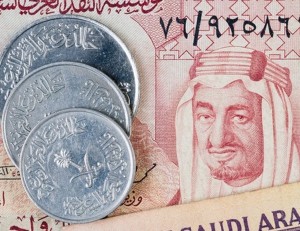Contracts are being awarded in priority areas: education, health, electricity and infrastructure. A major waste management tender was issued last week. There is a backlog in the review of thousands of contracts signed before 2011. Libyan companies that were reliant on government contracts are in a state of limbo waiting and watching.
The Ministry of Planning will undertake a review of the major housing, transport and infrastructure projects with a value of £50m. New ministers will be appointed and it is not known how these appointments will affect contracts that have already been awarded. This is only a temporary administration until legislative elections next year when the constitution is written.
Libya has money to spend. Oil production is back to pre-war levels of 1.5m bpd and theoretically it has a large budget for capital expenditure.
The private sector has been thriving since the end of last year and is really making itself felt. In Tripoli new houses are being built, shops are being renovated, new rooms are being added to restaurants, the streets are busy, there is a huge consumer appetite, people are buying goods, there is liquidity and the banks have lifted restrictions on the amount of cash that can be withdrawn.
The airlines are also doing well and there is a huge demand for flights with no free seats on flights out of Tunisia. New food and beverage and retail franchises have been signed.





